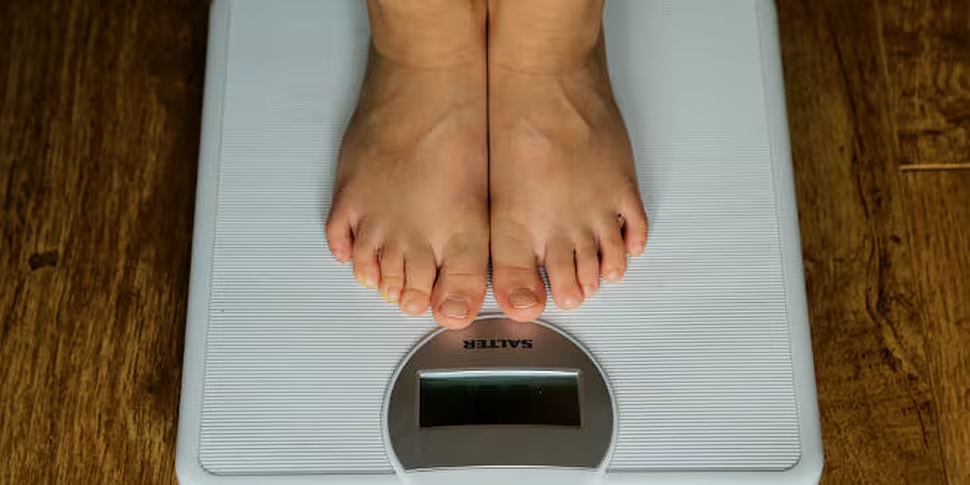Researchers have warned that body-shaming overweight people in an attempt to persuade them to lose weight has the opposite effect, and can lead to further health risks.
People who are battling obesity face being stereotyped as lazy, incompetent, unattractive, and lacking willpower, but the pain of hearing these messages may actually increase their risk of cardiovascular and metabolic disease, potentially leading to heart disease or diabetes.
Rather than losing weight, people who are shamed as a result of their body size are more likely to eat more and do less exercise.
This is according to a new study published in Obesity, the journal of The Obesity Society, led by a research team from the Perelman School of Medicine at the University of Pennsylvania, United States.
Rebecca Pearl, an assistant professor at University of Pennsylvania said: "There is a common misconception that stigma might help motivate individuals with obesity to lose weight and improve their health."
"We are finding it has quite the opposite effect. When people feel shamed because of their weight, they are more likely to avoid exercise and consume more calories to cope with this stress. In this study, we identified a significant relationship between the internalization of weight bias and having a diagnosis of metabolic syndrome, which is a marker of poor health."
People who internalised the stereotypes associated with their weight and had a negative impression of their size were three times more likely to have metabolic syndrome, and six times more likely to have high triglycerides, a type of fat found in blood.
The study examined 159 adults with obesity who were involved with a larger clinical trial testing the effects of weight loss medication, with the majority of the participants African American women, a group typically underrepresented in weight bias research.
The study required the participants to fill in a questionnaire which measured their depression and the internalization of weight bias, which consists of applying negative stereotypes to themselves.
Participants also underwent medical examinations, which determined whether they had a diagnosis of metabolic syndrome, risk-factors such as type 2 diabetes and other obesity-related health problems.
The study said that body shaming is a pervasive form of prejudice, found in cyber bullying, critiques of celebrities' appearances, at work and school, and in public, and co-author Tom Wadden urged people and the media to be aware of the negative side-effects of fat shaming.
"Health care providers, the media, and the general public should be aware that blaming and shaming patients with obesity is not an effective tool for promoting weight loss, and it may in fact contribute to poor health if patients internalize these prejudicial messages".









